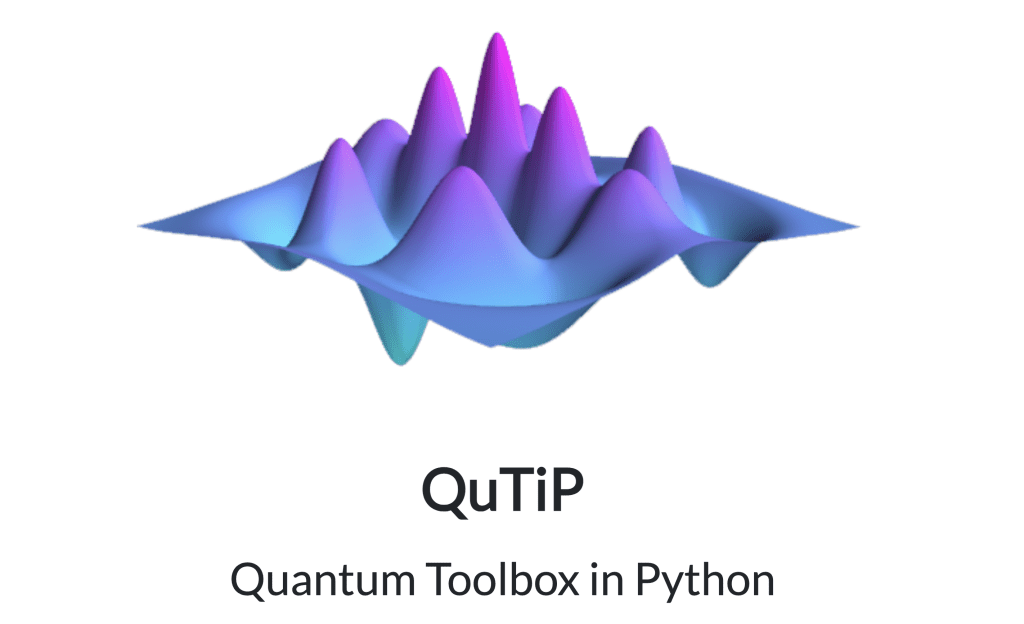Researchers from the Theory of Superconducting Quantum Devices group at the Institut Quantique, Université de Sherbrooke, in collaboration with NVIDIA and Amazon Web Services (AWS), are working to improve the performance of simulations of quantum systems. These simulations, essential for understanding and enhancing quantum hardware, currently face computational challenges due to the exponential scaling of resources with system size. The collaborative effort aims to address the limitations of simulating complex quantum systems, a field crucial for reducing error rates and improving the design of quantum computing components, though specific performance gains are not detailed in this report.
Simulating quantum systems using classical computers presents a significant computational challenge, as the resources required for these simulations scale exponentially with the size of the system being simulated. This exponential scaling serves as the primary motivation for the development of quantum computers. Quantum computers are expected to surpass the capabilities of even the most powerful supercomputers when simulating quantum systems from nature and are anticipated to provide speedup for complex problems, with applications spanning cryptography to large-scale optimisation.
Currently, solving practically relevant problems will necessitate algorithms capable of executing billions of operations across hundreds of thousands of qubits. However, current quantum hardware falls short of these demands, with limited qubit counts and high operation error rates. Scientists and engineers globally are actively engaged in improving the design of quantum computing components and operations to facilitate large-scale quantum computation. Designing high-performance classical simulations of quantum devices is an active area of research, positioned at the intersection of experimental and computational sciences.
Researchers often simulate only a small portion of the system of interest to obtain results within a reasonable timeframe, such as focusing on low-excitation states and a limited number of qubits or couplers. A more comprehensive understanding of physical systems is, however, essential to improve hardware performance and reduce error rates, necessitating the inclusion of complex physics, such as interactions with other qubits and the impact of higher-energy states, although these more realistic simulations are time-consuming. Researchers from the Theory of Superconducting Quantum Devices group at the Institut Quantique, Universit de Sherbrooke, NVIDIA, and Amazon Web Services (AWS) have collaborated to increase the performance of open quantum system simulation.

